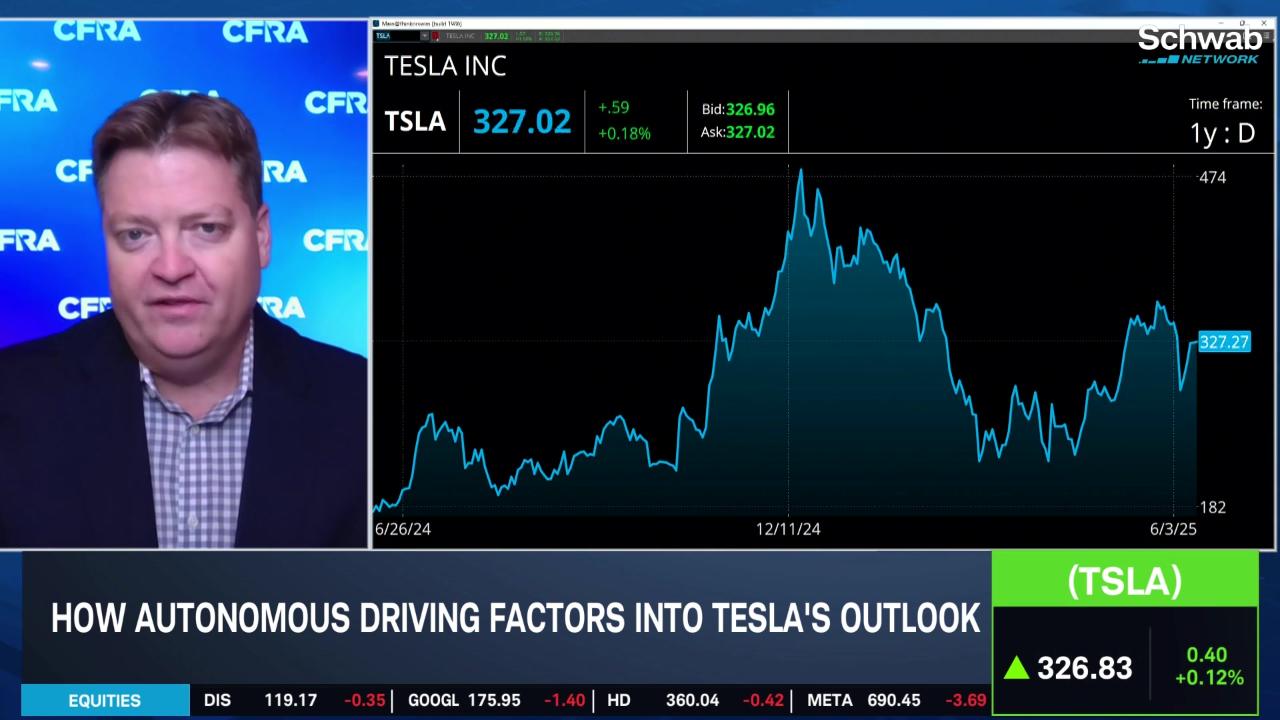- Market Minute
- Posts
- Market Minute: Geopolitical Tensions Collide with Economic Uncertainty
Market Minute: Geopolitical Tensions Collide with Economic Uncertainty

Global markets indicate a sharply lower open today as Israel's strikes on Iranian nuclear facilities have triggered escalation in Middle East tensions. Oil prices initially rose over 10% before paring gains, gold approached record highs, and the VIX volatility index is also moving higher once again.
This risk-off move comes at a particularly sensitive moment for global markets, as investors were already grappling with slowing U.S. economic growth, cooling inflation, and mounting concerns about America's fiscal trajectory. The relatively contained nature of the oil price movement suggests markets may not be expecting a prolonged conflict.
Beneath the geopolitical turmoil, recent U.S. economic reports have quietly shifted the monetary policy landscape in ways that may prove more consequential for long-term market direction. The May jobs report revealed a third consecutive month of slowing payroll growth (+139K), while downward revisions erased 95K positions from prior months. Although the unemployment rate held steady at 4.2%, the household survey showed a startling 696K job loss, a divergence that often precedes broader labor market softening.
Simultaneously, inflation pressures continue to recede. The May CPI rose just 0.1% monthly (2.4% annualized), with core CPI excluding food/energy also missing expectations. Notably, tariff-sensitive categories like vehicles and apparel saw outright price declines (-0.3% to -0.4%), suggesting businesses are absorbing trade war costs rather than passing them to consumers, a dynamic that may pressure corporate margins but eases the Fed's inflation fight.
Slowing employment, benign inflation, and looming Treasury funding needs may make rate cuts inevitable by September. Futures markets are now pricing in two quarter-point Fed rate cuts this year.
On the currency front, the U.S. dollar's 10% decline this year and trading at three-year lows has defied conventional wisdom, despite 10-year Treasury yields climbing from roughly 4.16% to 4.42% since April.
This breakdown in the traditional yield/currency correlation reflects growing unease over structural risks that go far beyond typical economic indicators. Fiscal dominance worries and Moody's (MCO) recent credit downgrade highlight debt sustainability concerns.
Political pressure on the Fed as well as the potential for further trade tensions are other factors to consider as broad markets such as the Nasdaq and S&P 500 make efforts to retest year-to-date highs.
Morning Minute
Featured Clips
Tune in live from 8 a.m. to 5 p.m. ET, or anytime, anywhere, on‑demand.
Or stream it via thinkorswim® and thinkorswim Mobile, available through our broker-dealer affiliate, Charles Schwab & Co., Inc
Please do not reply to this email. Replies are not delivered to Schwab Network. For inquiries or comments, please email [email protected].
See how your information is protected with our privacy statement.
Charles Schwab and all third parties mentioned are separate and unaffiliated, and are not responsible for one another's policies, services or opinions. Schwab Network is brought to you by Charles Schwab Media Productions Company (“CSMPC”). CSMPC is a wholly owned subsidiary of The Charles Schwab Corporation and is not a financial advisor, registered investment advisor, broker-dealer, or futures commission merchant.




